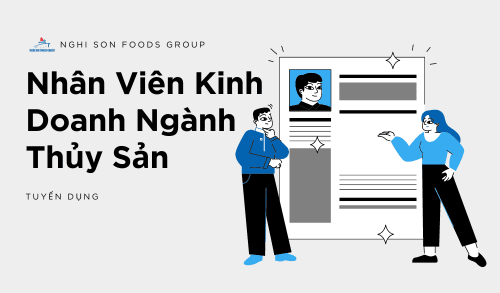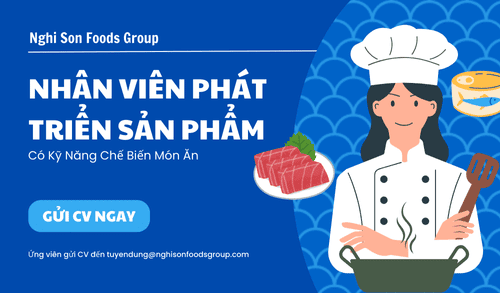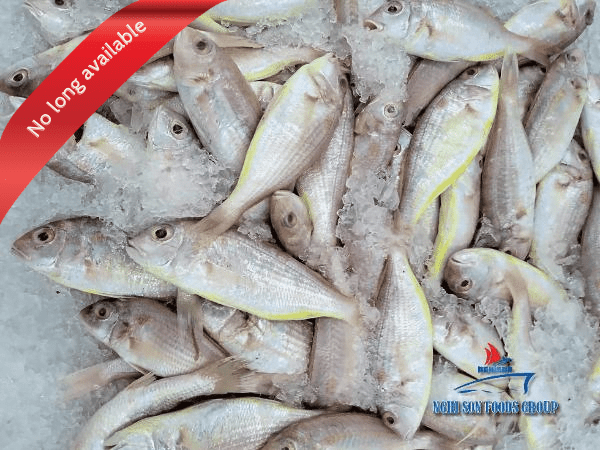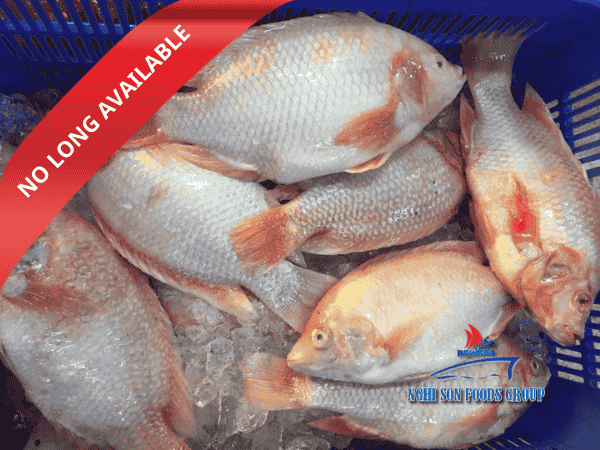Table of Contents
ToggleThe Impact of Tariff Elimination
According to the Vietnam Association of Seafood Exporters and Producers (VASEP), ASEAN plays a significant role as an export market for Vietnamese tuna. The export turnover of Vietnam’s tuna to ASEAN has been steadily increasing.
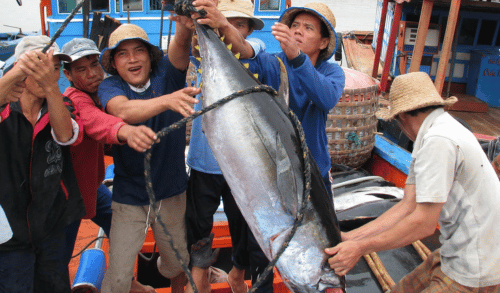
The introduction of the ASEAN Trade in Goods Agreement (ATIGA) in 2010, which reduced most tariff lines to 0%, has provided favorable conditions for promoting Vietnam’s tuna exports to ASEAN. ATIGA was established to regulate intra-ASEAN trade of goods, consolidating commitments from the Common Effective Preferential Tariff (CEPT) under the ASEAN Free Trade Area (AFTA) and related agreements and protocols.
The elimination of tariffs has presented a great opportunity for Vietnamese tuna exporters to enhance their presence in the ASEAN market. Prior to 2010, when the agreement was not in effect, Vietnam’s tuna exports to ASEAN were valued at only US$1.6 – 6 million per year.
However, since 2010, the export value to this market has experienced remarkable growth. In 2010 alone, Vietnam’s tuna export value to ASEAN increased by 190%, reaching nearly US$17.5 million compared to US$6 million in 2009. Presently, Vietnam’s tuna export value to ASEAN has surpassed US$50 million.
Indirect Effects and Trade Relations
In the long term, ATIGA has indirectly contributed to increasing Vietnam’s export turnover to non-ASEAN markets by providing access to cheaper raw material imports from ASEAN countries for processing and re-exporting purposes. Moreover, as an ATIGA member, Vietnam can leverage new advantages in trade relations with major economies.
Challenges and Fierce Competition
However, the elimination of tariffs also poses significant challenges for Vietnamese tuna processing and exporting enterprises. Given the similarities in natural conditions and fisheries resources among ASEAN countries, Vietnam’s tuna export structure closely resembles that of its regional counterparts.
Consequently, Vietnam faces intense competition from other regional players. Given the current scale and level of development in the tuna industry, it is difficult for Vietnam to compete with countries like Thailand, the Philippines, and Indonesia, which also enjoy similar benefits.
Therefore, as Vietnam joins ATIGA, it continues to contend with fierce competition not only in the regional market but also in the global market. The need to differentiate and carve a niche becomes imperative for Vietnamese tuna exporters to gain a competitive edge amidst regional rivals.


